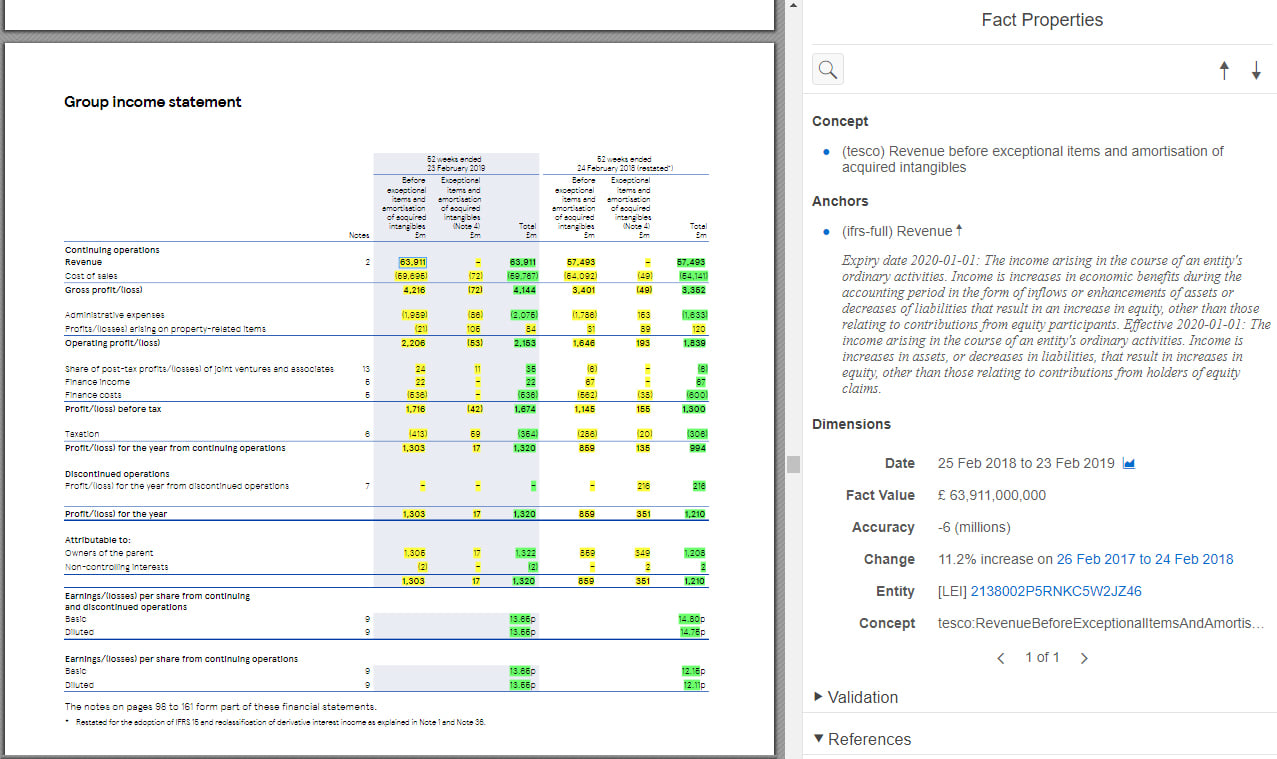Hosted with our ESEF partners Black Sun, this webinar provided the latest news on the requirements and answered some popular questions on how to get ready for 2021. Missed the event? Keep reading for the highlights.
How are my peers preparing?
We kicked off by asking attendees how much they already know about ESEF, and how prepared they are for their first submission. If you’re feeling behind in your ESEF preparations you are not alone – only 3% said they felt ‘very prepared’, with a nearly even split between the remaining attendees who felt partially, or not at all, prepared.
Encouragingly almost everyone had a good base knowledge of ESEF, with only 10% joining to learn about the requirements for the first time. If you are looking for an intro to ESEF, do check out our earlier blog.
When should my auditors get involved?
As of today, it is possible there will be no audit requirements in year one, but it’s important to keep an eye on updates. The FRC have not officially confirmed this, and the announcement on what audit requirements, if any, is likely to be delayed due to the COVID-19 situation.
Even if an audit is not required in year one, it’s a good idea to gain some form of assurance from your auditors over your tagging choices to ensure alignment for when this becomes mandatory in year two or three.
When polled, only 22% of attendees had already spoken to their auditors about ESEF. Responding to this, ARKK CFO Jenny Himsley said “There’s no harm in bringing your auditors into your process now, so they can get used to your process and the tags you’re applying for when the audit requirements do arrive”.
Is there any chance of a delay?
Questions were asked about potential delays to ESEF, both due to Brexit and COVID-19.
We confirmed that the UK will remain in scope for ESEF, as the legislation came into effect as of January 1st 2020, when the UK was still a Member State.
Additionally, COVID-19 is unlikely to delay the first reporting deadline. Whilst it may be challenging to prepare in the current climate, a delay would need agreement from every country in the EU, which is likely to be even more of a challenge. As a result of the lockdown, we could see a more lenient approach to the first filing, but this has not been confirmed.
Where will my ESEF document be stored?
Companies House is looking like the national storage mechanism for the UK, which would suggest the release of a UK-based taxonomy to be applied over the ESEF taxonomy. This will allow Companies House to store and organise documents using certain data points that the ESEF taxonomy doesn’t require, such as company number and balance sheet date.
This additional level of tagging shouldn’t be a cause for concern. With 43% of the attendees planning to outsource their ESEF reporting, you can rest assured that tagging experts are used to applying local taxonomies over regulatory requirements and will be able to accommodate national specific variations.
What does tagging look like?
Partnering with a tagging expert is certainly the simplest way to manage ESEF. However, we know people will be interested in what this process looks like. ARKK’s Head of iXBRL Tagging Mary Tinnelly showed a preview ‘behind-the-scenes’ of a tagged PDF:

The green highlights show where figures are tagged using the IFRS concepts from the ESEF taxonomy. In yellow, you can see extensions and anchoring in action – in this example the figure relates to ‘Revenue before exceptional items and amortisation of acquired tangibles’. There is no tag for this, so we have created an extension and anchored this to the closest IFRS tag; ‘Revenue’.
The final report will look identical to your usual PDF, with the tags applied in the background.
I’m still feeling unprepared…
Black Sun’s Chief Technology Officer Mirko Savarese closed the webinar encouragingly, saying that “ESEF doesn’t need to be scary or particularly stressful. Get the hard work done early, focus at the right time, and leave the fast turnarounds to Black Sun and ARKK”. For the 50% of attendees who have not decided how to tackle ESEF, preparing and partnering with tagging experts now will ensure a smooth process in 2021.
Missed the webinar but want to see how we can assist in integrating this new feature into your current reporting process with minimal disruption and maximum output?
Ask NHawkins@blacksunplc.com from Black Sun for a copy of our joint ESEF guidebook, which gives a step-by-step outline of how we would approach a typical year-end reporting process. You can find out more about our partners, Black Sun, here.


